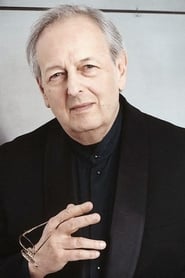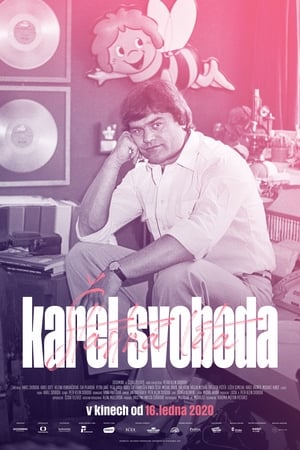
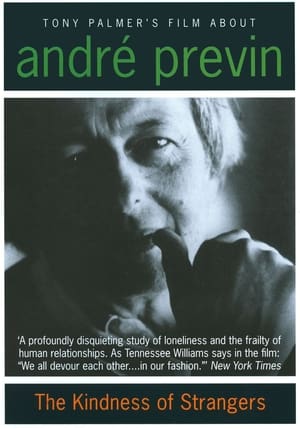
The Kindness of Strangers(1998)
The life of composer, conductor, pianist and Oscar-winner Andre Previn, filmed during a year which culminated in the world premiere of his first opera, A Streetcar Named Desire, in San Francisco. Wherever he went, the camera followed. To Tokyo for a concert with Kiri Te Kanawa. To Philadelphia for a teaching session in the Curtis Institute. To Tanglewood for an incredible jazz improvisation recording of Gershwin Variations. To New York to play with the Ray Brown Trio at the Blue Note Club. To Vienna with the Vienna Philharmonic. To Washington DC for a concert with the Emerson Quartet. To Boston for a conductor's masterclass with, among others, Daniel Harding. And, of course, the rehearsals and first performance of Streetcar with the incomparable Renee Fleming and director Colin Graham.
Movie: The Kindness of Strangers

The Kindness of Strangers
HomePage
Overview
The life of composer, conductor, pianist and Oscar-winner Andre Previn, filmed during a year which culminated in the world premiere of his first opera, A Streetcar Named Desire, in San Francisco. Wherever he went, the camera followed. To Tokyo for a concert with Kiri Te Kanawa. To Philadelphia for a teaching session in the Curtis Institute. To Tanglewood for an incredible jazz improvisation recording of Gershwin Variations. To New York to play with the Ray Brown Trio at the Blue Note Club. To Vienna with the Vienna Philharmonic. To Washington DC for a concert with the Emerson Quartet. To Boston for a conductor's masterclass with, among others, Daniel Harding. And, of course, the rehearsals and first performance of Streetcar with the incomparable Renee Fleming and director Colin Graham.
Release Date
1998-07-01
Average
0
Rating:
0.0 startsTagline
Genres
Languages:
Keywords
Similar Movies
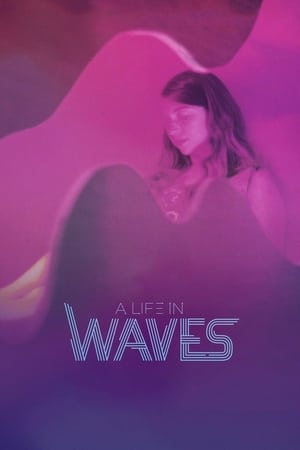 6.7
6.7A Life in Waves(en)
Explores the life and innovations of composer and electronic music pioneer Suzanne Ciani.
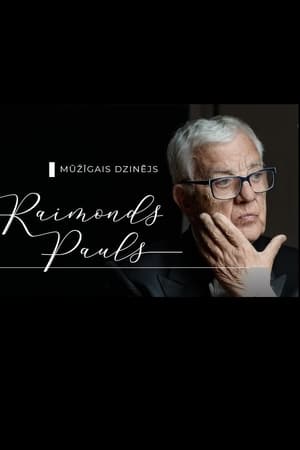 0.0
0.0Perpetuum mobile. Raimonds Pauls(lv)
Raimonds Pauls is almost 85 years old, rehearses almost every day and performs at least once a week. What drives him? Not only he is the most popular composer in Latvia: his songs are sung all over the world. "Dāvāja Māriņa" is so popular in Japan that Paul received the Japanese Order of the Rising Sun. In concerts, he collaborates with world stars of Latvian origin - soprano Elīna Garanča, organist Iveta Apkalna, conductor Mariss Jansons. The Latvian Television film crew follows him during the pandemic, realizing that the restrictions and threats of Covid-19 hardly stop the Maestro in the course of his eternal engine. How does he cope with the challenges that time imposes on a person's physical form and the loneliness when most friends have passed away? What is the source of his inexhaustible lifestyle and creative spirit?
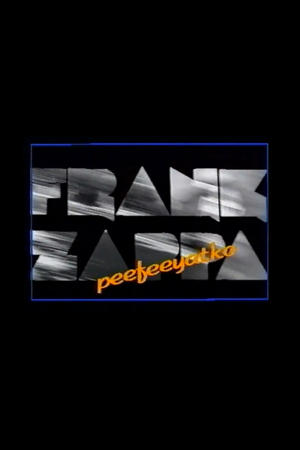 0.0
0.0Frank Zappa: Peefeeyatko(en)
For the past ten years Zappa in composing has turned away from Rock and Roll music - for which he first became famous - and has been working on new, contemporary, orchestral electronic music; in solitude and beyond any commercial conventions or commitments. It is the first time that Zappa has allowed a film crew to study him during compositional work, actually filming the first moments of a new compositional process. By contrast, in a staged interview Zappa gives comments on music. This film seeks to reveal the sensetivities of Zappa's personality and character also beyond narrative content.
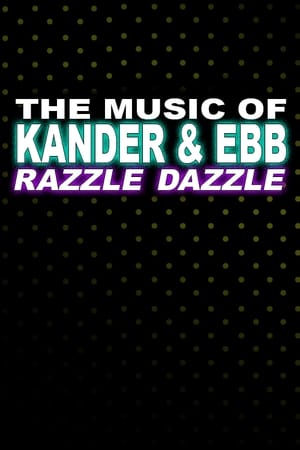 0.0
0.0The Music of Kander & Ebb: Razzle Dazzle(en)
A profile of composing team John Kander and Fred Ebb, who have written many Broadway musicals. Highlights include interviews with Lauren Bacall, Joel Grey and others, as well as the two men themselves, plus clips of performances of their songs.
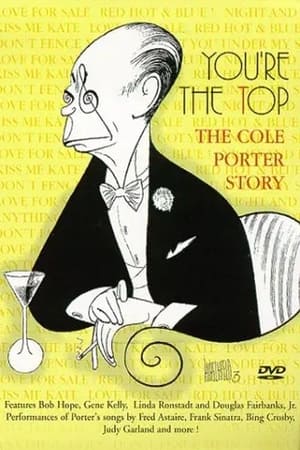 0.0
0.0You're the Top: The Cole Porter Story(en)
Biographical portrait of one of Broadway's most brilliant songwriters. Told through the use of archival material and interviews with the rich and famous that knew him, this portrait concentrates on his career and his public life events.
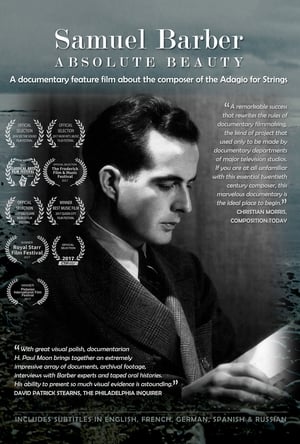 10.0
10.0Samuel Barber: Absolute Beauty(en)
Known for his mournful "Adagio for Strings," Samuel Barber was never quite fashionable. This acclaimed film is a probing exploration of his music and melancholia. Performance, oral history, musicology, and biography combine to explore the life and music of one of America’s greatest composers. Features Thomas Hampson, Leonard Slatkin, Marin Alsop and many more of the world's leading experts on Barber's music, with tributes from composers Leonard Bernstein, Aaron Copland, Virgil Thomson and William Schuman. The film was broadcast on PBS, and screened at nine film festivals internationally, with three best-of awards. It was named a Recording of the Year 2017 by MusicWeb International.
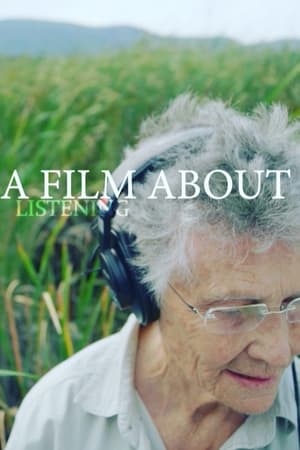 6.0
6.0Annea Lockwood: A Film About Listening(en)
Sam Green's intimate portrait of Annea Lockwood shares with us a glimpse into the enthralling world of sound that she has been exploring and creating for many years. It is a touching and personal story of imagination and love.
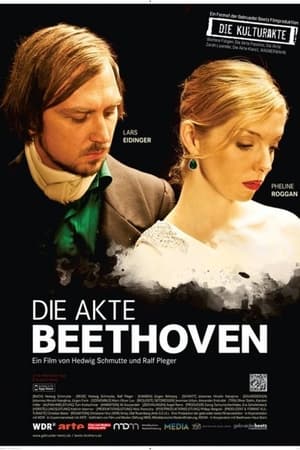 10.0
10.0Die Akte Beethoven(de)
In a mixture of feature film, music documentary and animated comics, historical facts are retold, analyzed and interpreted in modern settings. Ludwig van Beethoven, played by Lars Eidinger, becomes a contemporary of today's audience. Quick-tempered, irascible, curmudgeonly - that is the common image of Ludwig van Beethoven, the composer with the wild lion's mane. But there is also another Beethoven - young, seductive, spirited and, above all, combative.
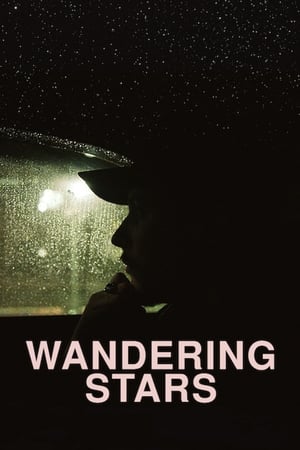 7.4
7.4Wandering Stars(fr)
This film follows the making of Nekfeu's 3rd album, between Paris, Japan, Greece and the United States.
An American Dissident: un tributo a Frank Zappa(it)
An American Dissident: un tributo a Frank Zappa is an Italian documentary that aired on the Videomusic channel on January 7, 1994. It includes footage from Zappa's Universe, Video From Hell, Does Humor Belong In Music?, Baby Snakes, The True Story Of 200 Motels, The Late Show, Zappa's May 17, 1988 show at Palacio de Deportes in Barcelona, Spain, The Dub Room Special, various other interviews and performances.
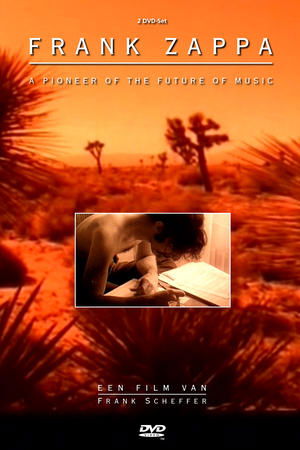 0.0
0.0Frank Zappa: A Pioneer of the Future of Music(en)
Frank Scheffer's (collage like) documentary on the American composer and rock guitarist Frank Zappa, as broadcast by VPRO in the Netherlands April 22,2007. Most of what’s on here is seen before, particularly in Roelof Kier’s 1971 documentary and/or Scheffer’s own documentary “A present day composer refuses to die”. But there is some new stuff too, particularly interviews with Denny Walley, Haskell Wekler, Elliot Ingber and Bruce Fowler.
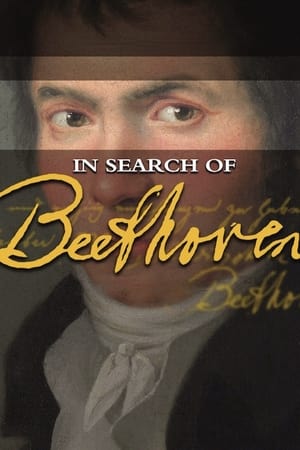 6.2
6.2In Search of Beethoven(en)
In Search of Beethoven offers a comprehensive documentary about the life and works of the great composer. Over 65 performances by the world's finest musicians were recorded and 100 interviews conducted in the making of this beautifully crafted film. Eleven interviews are included in the Extras and Six complete movements.
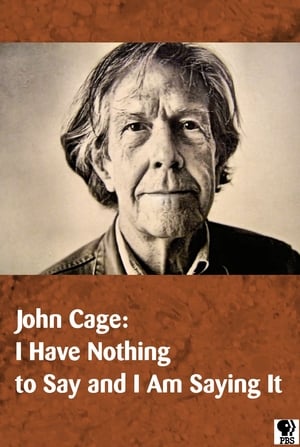 0.0
0.0John Cage: I Have Nothing to Say and I Am Saying It(en)
This 56-minute documentary on America's most controversial and unique composer manages to cover a great many aspects of Cage's work and thought. His love for mushrooms, his Zen beliefs and use of the I Ching, and basic bio details are all explained intelligently and dynamically. Black Mountain, Buckminster Fuller, Rauschenberg, Duchamp are mentioned. Yoko Ono, John Rockwell, Laurie Anderson, Richard Kostelanetz make appearances. Fascinating performance sequences include Margaret Leng-Tan performing on prepared piano, Merce Cunningham and company, and performances of Credo In Us, Water Music, and Third Construction. Demystifies the man who made music from silence, from all sounds, from life.
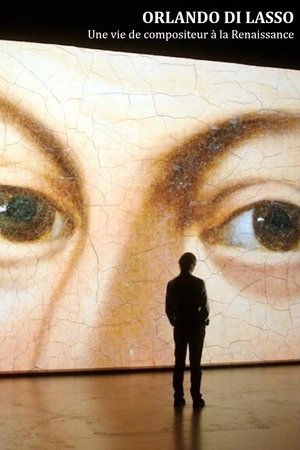 8.0
8.0Orlando(fr)
With an original staging of text and music, Orlando follows the trail of one of the greatest composers of the Renaissance: Orlando di Lasso (also known as Roland de Lassus). His life and masterful oeuvre continue to move people to this day. Although he was a European star at the time, di Lasso had to endure the indignities of his social status as a servant. This documentary explores the relationship between art and power, musically accompanied by the ensemble La Tempête.
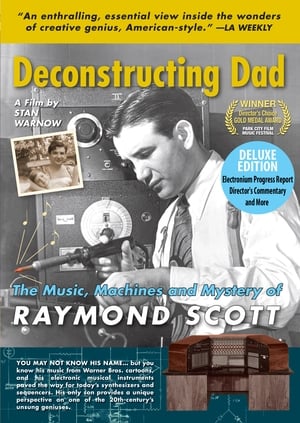 5.8
5.8Deconstructing Dad: The Music, Machines and Mystery of Raymond Scott(en)
His filmmaker son probes the professional and private lives of his remote but fascinating father: bandleader, composer, inventor, and electronic music pioneer Raymond Scott.
 8.0
8.0Les Grands Rivaux en musique - Schönberg vs Stravinsky(fr)
A look back at the violent conflict between the two leading figures of musical modernity, Arnold Schönberg and Igor Stravinsky, in the first decades of the 20th century. Although Arnold Schönberg and Igor Stravinsky both had a decisive influence on the fourth art, their creations remained diametrically opposed. While the Austrian developed the dodecaphonic method, placing the twelve notes of the chromatic scale at the heart of the composition technique to the detriment of tonality, his Russian rival based his practice on stylistic eclecticism. Their supporters formed two opposing camps, and the two composers - one the father of the Second Viennese School, the other of Neoclassicism - became, in the wake of their successes, the figureheads of a conflict that marked the history of music by its duration and intensity.
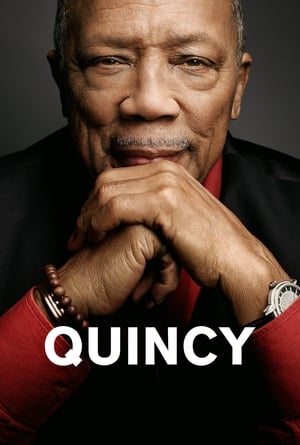 7.4
7.4Quincy(en)
An intimate look into the life of icon Quincy Jones. A unique force in music and popular culture for 70 years, Jones has transcended racial and cultural boundaries; his story is inextricably woven into the fabric of America. Jones came to prominence in the 1950s as a jazz arranger and conductor before working on pop music and film scores. He moved easily between musical genres, producing major pop hits of the early 1960s and serving as an arranger and conductor for several collaborations in the same time period.
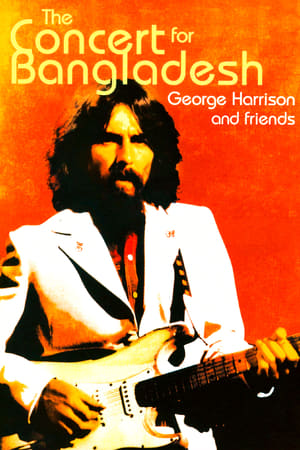 7.9
7.9The Concert for Bangladesh(en)
A film about the first benefit rock concert when major musicians performed to raise relief funds for the poor of Bangladesh. The Concert for Bangladesh was a pair of benefit concerts organised by former Beatles guitarist George Harrison and Indian sitar player Ravi Shankar. The shows were held at 2:30 and 8:00 pm on Sunday, 1 August 1971, at Madison Square Garden in New York City, to raise international awareness of, and fund relief for refugees from East Pakistan, following the Bangladesh Liberation War-related genocide.
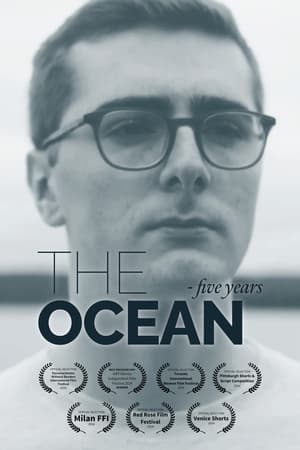 0.0
0.0The Ocean - Five Years(en)
An early morning phone call in 2017 changed the lives of two teenage brothers bonded by their love of percussion. One died tragically in a car accident while the other determined to make sense of his loss through music.
